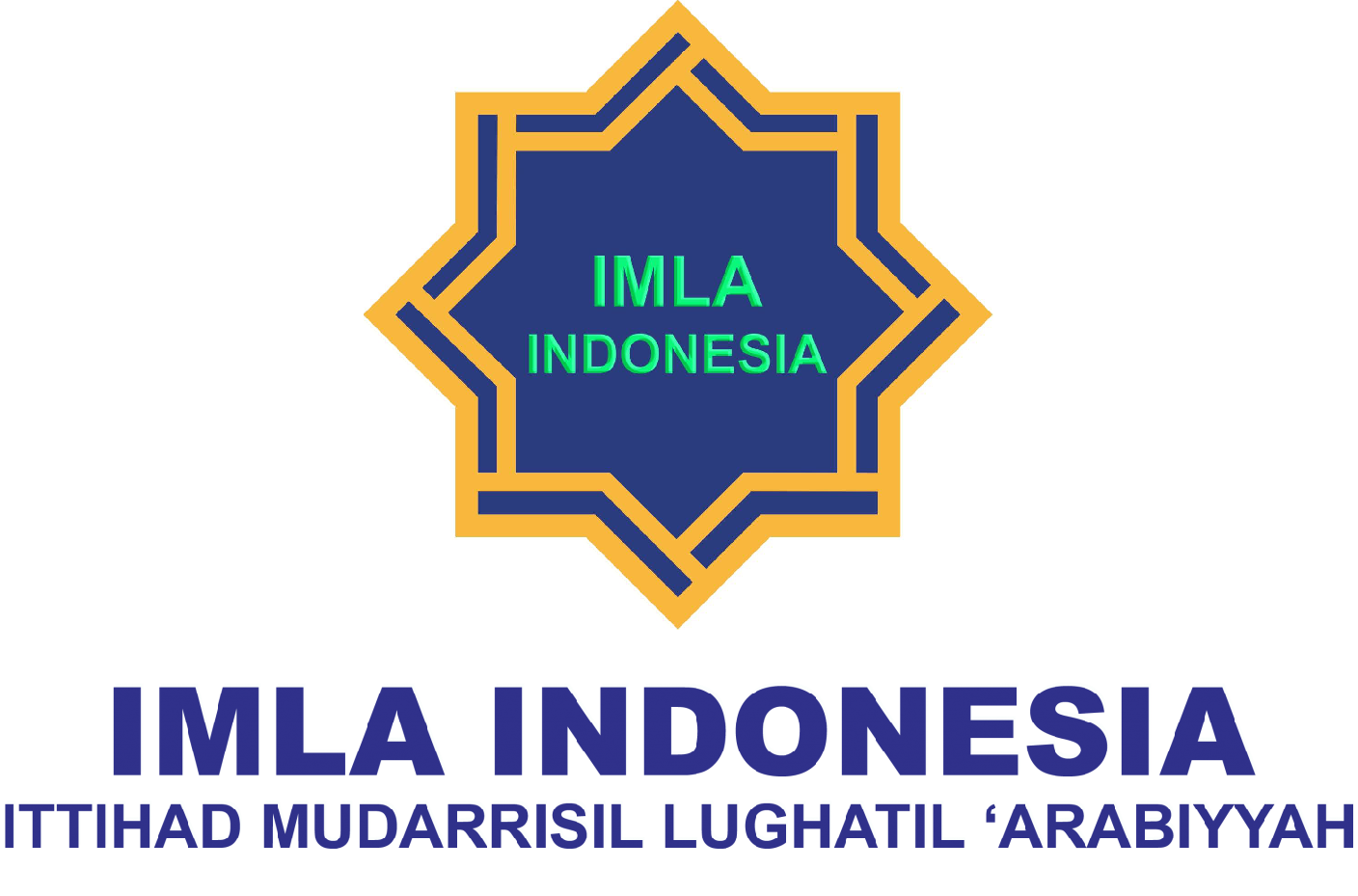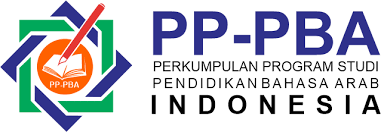Neo-Classicism in Modern Arabic Poetry
DOI:
https://doi.org/10.30983/huruf.v2i2.6012Keywords:
Arabic Poetry, Literary Movements, Modernism, Trends Neo- ClassicismAbstract
Modern neo-classical poetry constitutes a phase of literature that can be sharply separated from its immediate ancestry. Arab poets composed by imitative versifiers who very rarely employed it as a means of expressing fresh human experience. The bulk of late medieval Diwans (collections of verse) are replete with rhetorical devices and puns. Rather than addressing the major issues of life and society. Neo-classicism is the outcome of the revival of ancient learning through technological advancement. The purpose of the present study is to discuss the new school of thought named Neo- Classicism in modern Arabic Poetry. It also highlights its role of neo classicism to development of Modern Arabic poetry.Â
يشكل الشعر الكلاسيكي الØديث مرØلة من تطور الأدب يمكن Ùصله بشكل Øاد عن أصله المباشر. من الندرة نجد الشعراء العرب يستخدمونه كوسيلة للتعبير عن تجربة إنسانية جديدة. الجزء الأكبر من الدواوين ÙÙŠ أواخر العصور الوسطى (مجموعات من الشعر) مليئة بالأدوات البلاغية والتورية. بدلا من معالجة القضايا الرئيسية للØياة والمجتمع. الكلاسيكية الجديدة هي نتيجة Ø¥Øياء التعلم القديم من خلال التقدم التكنولوجي. الغرض من هذه الدراسة هو مناقشة المدرسة الÙكرية الجديدة المسماة الكلاسيكية الجديدة ÙÙŠ الشعر العربي الØديث. كما يسلط الضوء على دورها الكلاسيكي الجديد ÙÙŠ تطوير الشعر العربي الØديث.Â
References
Ahmad Haykal, Tatawwur Al-Adab Al-Hadith Fi Misr
Al-Kubaisi, Tarrad, ‘The Book of Manifestations, the Status of Modernity, House of Cultural Affairs’ (Baghdad, 1997)
Beekeeper, felt the post - modern, ‘Egyptian General Book Authority’, 1984
Fadel Thamer, On Modernity and Dialogue of New Poetic Forms, House of General Cultural Affairs (Baghdad, 1986)
Haqqi, Yahya, ‘Fajr Al-Qissa Al-Misriyyah (“The Dawn of Egyptian Fictionâ€)’ (Cairo: Al-Hay’a ’1-Misriyyah al-‘ammah lil-Kitab, 1975)
Jayyusi, Salma Khadra, ‘Modernist Poetry in Arabic’ (Michigan: University of Michigan, Center for Near Eastern and North African Studies, 1987)
M.M Badawi, ‘Al-Barudi: Precursor of the Modern Arabic Poetic Revival, Die Well Des Islams’, 1969
———, Modern Arabic Literature (Cambridge: Cambridge University, 1992)
Roger Allen, The Arabic Literary Heritage, 1998
Terri de Young, Placing the Poet - Badr ShÄkir Al-SayyÄb and Postcolonial Iraq (Albany: State University of New York Press, 1998)
Downloads
Published
Issue
Section
Citation Check
License
Authors who publish with this journal agree to the following terms:
- Authors retain copyright and grant the journal right of first publication with the work simultaneously licensed under a Creative Commons Attribution-ShareAlike 4.0 International Licensethat allows others to share the work with an acknowledgment of the work's authorship and initial publication in this journal.
- Authors are able to enter into separate, additional contractual arrangements for the non-exclusive distribution of the journal's published version of the work (e.g., post it to an institutional repository or publish it in a book), with an acknowledgment of its initial publication in this journal.
- Authors are permitted and encouraged to post their work online (e.g., in institutional repositories or on their website) prior to and during the submission process, as it can lead to productive exchanges, as well as earlier and greater citation of published work (See The Effect of Open Access).










